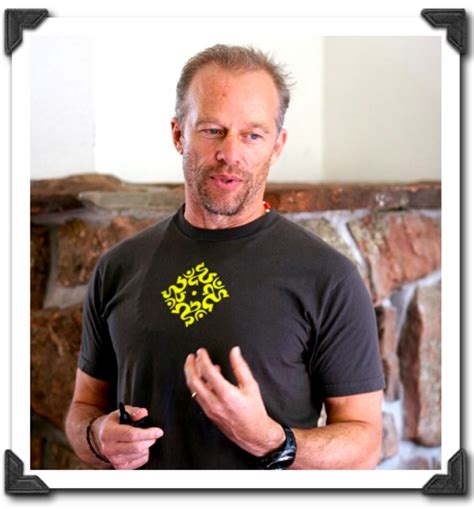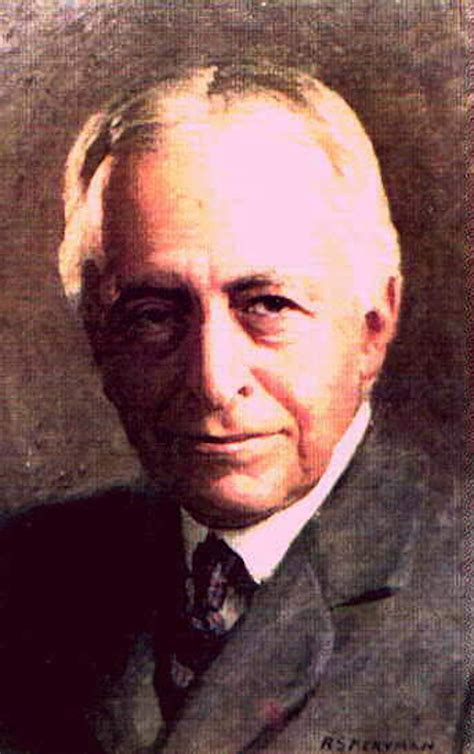A Quote by Paramahansa Yogananda
Some form of self-discipline is necessary to transmute material desires into spiritual aspirations.
Quote Topics
Related Quotes
Human cultures are all experiments in trying to find a form that will fit the matter of our immediacy; but it is absolutely not the case that all such experiments are of equal merit or value. Some cultures - and modernity is patently one - have managed to transmute consciousness into the "disease" that Nietzsche called it, the self-affliction of a self-centeredness that has purged itself of all vestiges of wisdom and value.
People talk about discipline, but to me, there's discipline and there's self-discipline. Discipline is listening to people tell you what to do, where to be, and how to do something. Self-discipline is knowing that you are responsible for everything that happens in your life; you are the only one who can take yourself to the desired heights.
European democracy was originally imbued with a sense of Christian responsibility and self-discipline, but these spiritual principles have been gradually losing their force. Spiritual independence is being pressured on all sides by the dictatorship of self-satisfied vulgarity, of the latest fads, and of group interests.
If yoga is about life, this means ALL life, not just part of it. Together, the spiritual and the material constitute the whole you, the whole of the experience of being human, and the nature of the universe in which you live. There may be no step more important to achieving ultimate fulfillment than accepting what the Vedas teach us about desires--that some desires are inpsired by your soul.
You could conceive spirituality as the study of the immeasurable, of the qualitative. But that's very different from the way we typically use the word. A spiritual person, in the popular conception, is somebody who's kind of aloof from the world, introspective, meditating, communing with non-material beings. That's the spiritual realm, and we elevate it above the material realm. What's more worthy, what's more admirable? Who's the one who has done this hard work on the self, and has done a lot of "practice"? That's the spiritual person.
Aspirations must be pure and free of selfishness. Arising from the depths of the soul, aspirations are spiritual demands penetrating all of a human life and making it possible for a person to die for their sake. A person without aspirations is like a ship without a rudder or a horse without a bridle. Aspirations give consistent order to life.
The battle for self-discipline may leave you a bit bruised and battered but always a better person. Self-discipline is a rigorous process at best; too many of us want it to be effortless and painless. Should temporary setbacks afflict us, a very significant part of our struggle for self-discipline is the determination and the courage to try again....Eternal life in the kingdom of our Father is your goal, and self-discipline will surely be required if you are to achieve it.
Why do people think the spiritual life demands withdrawal from the ordinary? Because they've been taught, at least by implication, that the physical is a block to the spiritual. When we assume that the spiritual, unlike the physical, is impervious to corrosion, then we assume that all things material are not to be honored. But the fact of the matter is, the material is the vehicle of the spiritual.
Nothing of importance is ever achieved without discipline. I feel myself sometimes not wholly in sympathy with some modern educational theorists, because I think that they underestimate the part that discipline plays. But the discipline you have in your life should be one determined by your own desires and your own needs, not put upon you by society or authority.










































